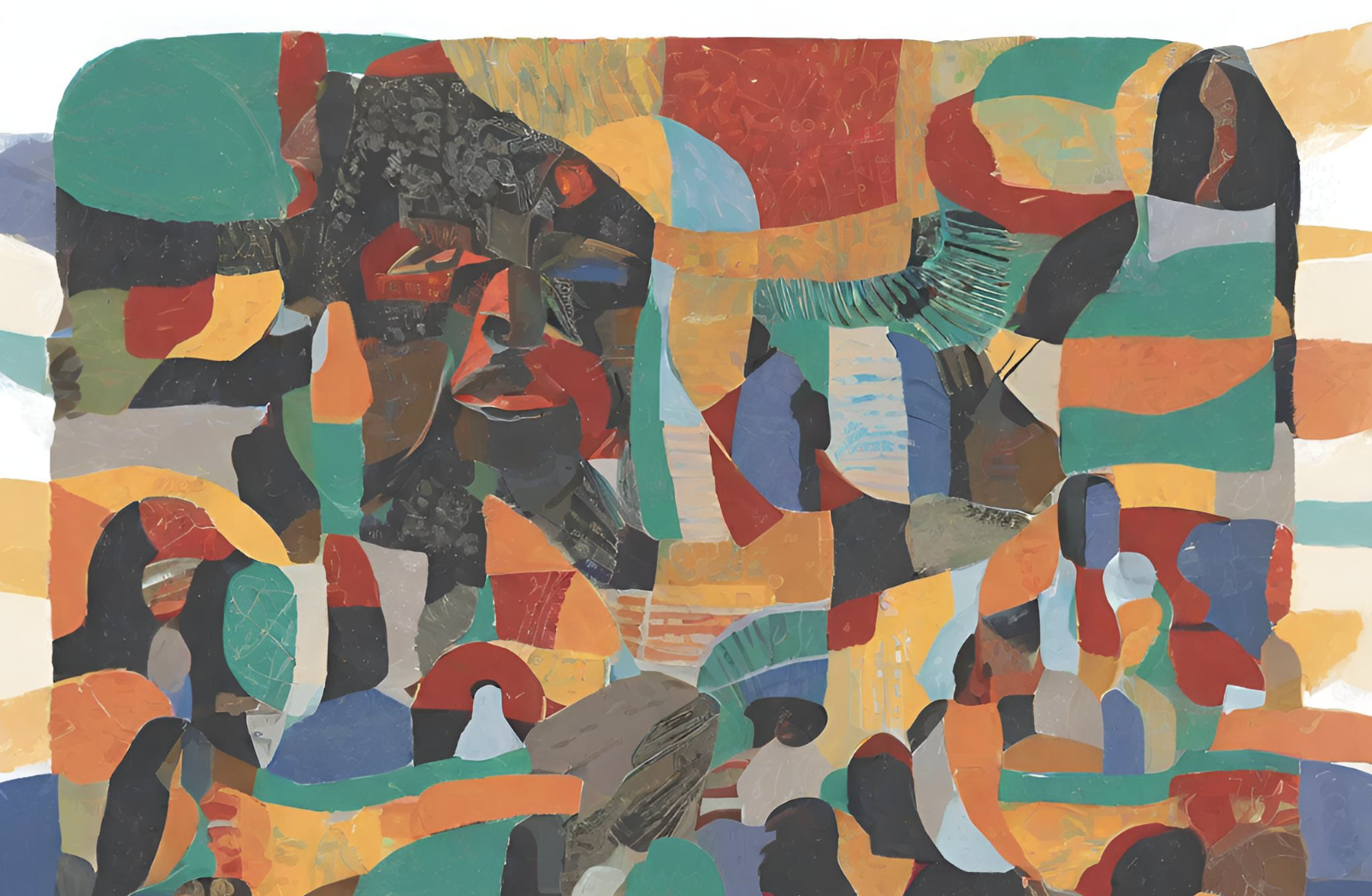Transformative and decolonial migration justice and reparations

What would it mean to decolonise the processes and visions of justice and accountability that we pursue as a community of practice in the migration justice space? How can we centre struggles against epistemic and other injustices, often reproduced by our understandings and responses to state violence? By centring transformative and decolonial justice, we promote the commitment to ending violence and oppression through healing in community and through life-affirming, non-carceral forms of justice and accountability grounded in our connectedness and interdependence.
Organising with direct-action activists and community-based researchers, we aim to create and hold space for collective reflexivity, inquiry, and visioning around migration justice and reparations by generating affective counternarratives around the limits and im/possibilities of legal struggles against borders. We centre the collective grief around justice struggles situated at the intersection of the ‘non-profit justice complex’ and hyperlegalised bordering regimes that have invisibilised, exceptionalised, and irresponsibilised the structural and historical conditions of border violence, making only “narrow perimeters of change possible and allowable” (Lorde).
In these conditions of im/possibility, legal interventions have often reproduced the “tangled and expansive web of relationships through which carceral logics and practices operate” (Massaro & Boyce). We thus aim to reflect on and embody our individual and collective relational responsibilities around the violences of bordering and the borders between us, including both carceral and punitive logics that often obscure and obstruct visions and possibilities for relational and decolonial justice and accountability. Centring relational and transformative justice—‘no justice, just us’—as part of a prefigurative affective politics (Robins) and practice of rehearsal of freedoms (Gilmore; Healing Justice Ldn), we aim to develop and nurture everyday debordering praxes.
RESEARCH
-
Enforced disappearances, necro-violence, and posthumous struggles for justice in Europe’s borderlands
As a (counter)narrative lens, the framework of enforced disappearances offers an opening for rupturing the im/possibilities of state juridical justice and for recentring no-borders visions of migration justice for migrant and bordering communities living with the dead, including through reparative truth and healing.
UPDATES
-
Transforming justice for border deaths and disappearances: Call for expressions of interest
As de:border // migration justice collective and Missing Migrants Lesvos, we have been weaving the initial constellations of a transnational group of individuals, many part of groups or organisations, that have sought to respond to and resist border deaths and disappearances. We are now inviting expressions of interest to join an embodied co-learning…
-
Joint submission to the UN Special Rapporteur on Migrants on the ‘phenomenon’ of missing migrants
On 13 December 2024, de:border // migration justice collective and Legal Centre Lesvos provided their joint input to the UN Special Rapporteur on the human rights of migrants’ report on the ‘phenomenon’ of ‘missing’ migrants. The joint submission discusses the underlying causes of migrants’ disappearances during border crossings and the…
-
Contribution to the Feminist Autonomous Centre for research’s community course on ‘Resisting the criminalisation of facilitation’
Between 29 March and 17 May 2023, the Feminist Autonomous Centre for research facilitated an online community course on ‘Resisting the criminalisation of facilitation’. The current co-leads of de:border // migration justice collective, Valentina Azarova and Noemi Magugliani, contributed to a session on ‘Legal and political struggles in court’.
